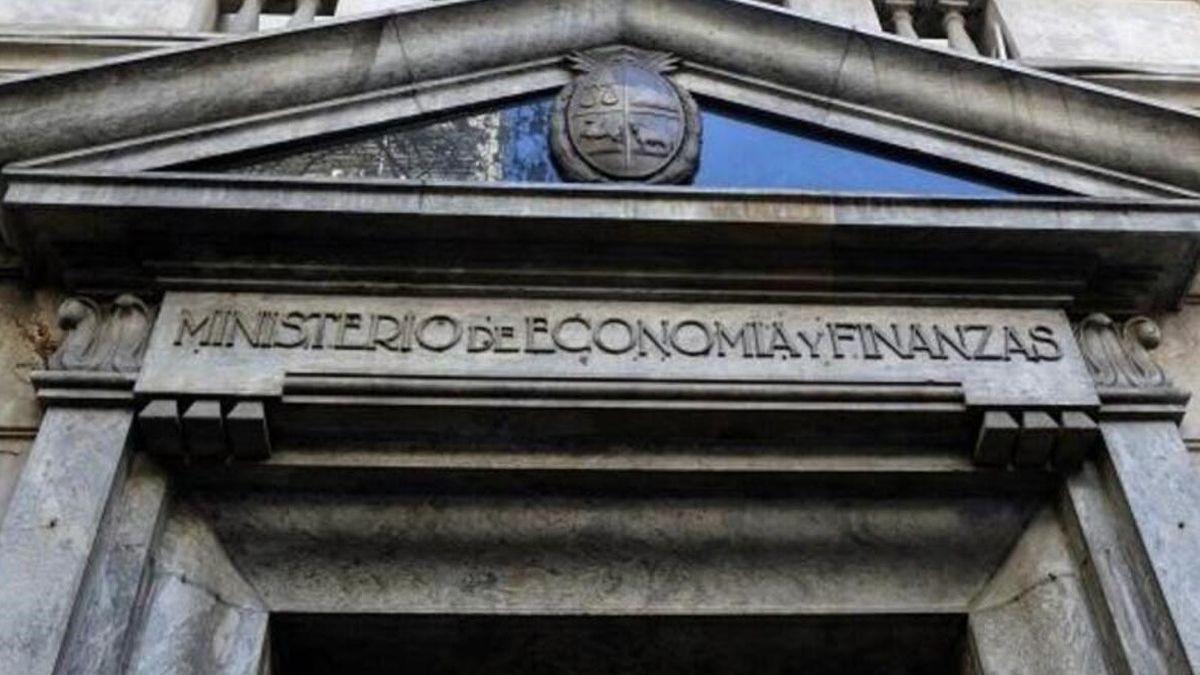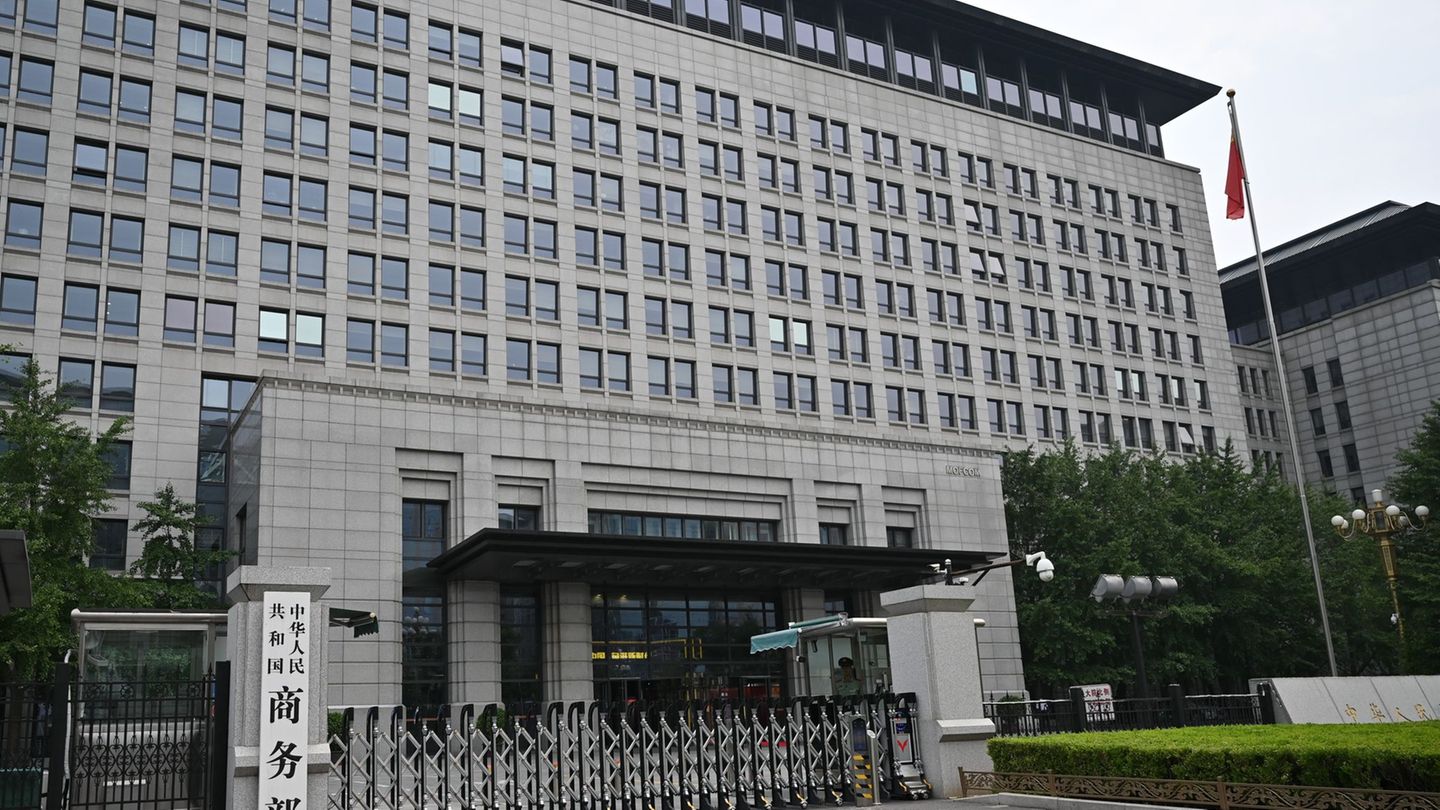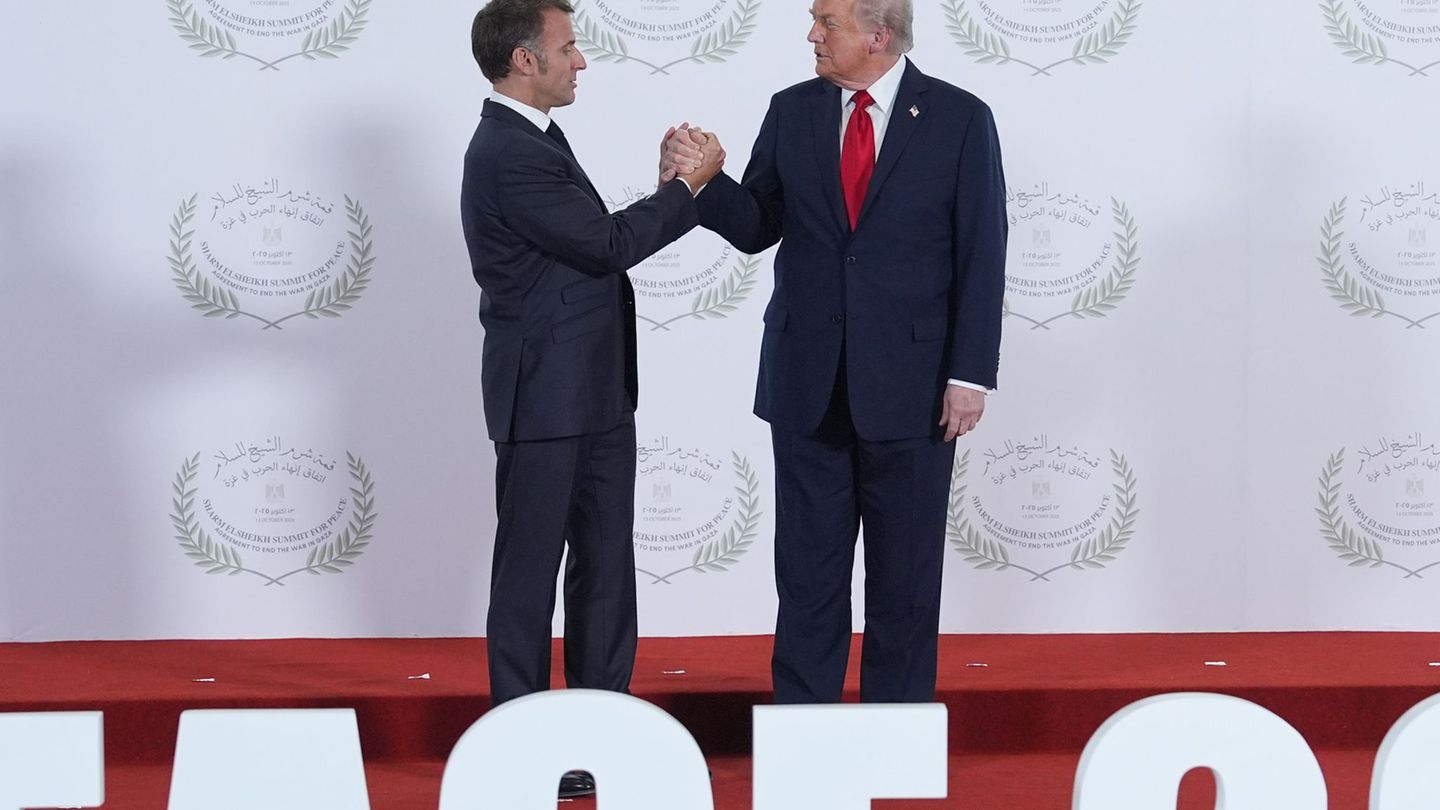The member of the Fiscal Advisory Council (CFA), Ana Fostel, spoke at a meeting on fiscal policy organized by the Inter-American Development Bank (IDB) in USA and highlighted the Uruguayan fiscal framework before experts from the region.
Fostel highlighted the country’s experience with its new fiscal framework, highlighting “the inclusion of a three-pillar rule and the observable elements that derive from it,” while analyzing the importance of independent fiscal institutions as key components of effective fiscal governance.
In addition, he spoke about the lessons learned in European countries and the challenges faced by the different fiscal councils of the countries in the region in their roadmap to strengthen their autonomy and independence.
During the event held in Washington, called “Regional policy dialogue, building robust fiscal institutions in Latin America and the Caribbean: challenges and opportunities for reform Fostel spoke about the first steps of CFA and the progress, as well as the work agenda, challenges and opportunities for improvement of the current fiscal framework and the external technical groups that make it up.
The event, in which the Director of Economic Policy of the Ministry of Economy and Finance (MEF), Marcela Bensión, The objective was to present perspectives on the macrofiscal panorama of the region, as well as the challenges faced by fiscal frameworks and their institutions.
The counselor shared the panel called “The role of fiscal councils in shaping economic governance” with Martin Larch (Head of Secretariat of the European Fiscal Council, European Commission), Paula Garda (Head of the Colombia and Peru Office, OECD) and Carlos Augusto Oliva (President of the Fiscal Council of Peru).
The regional panorama
In a document later issued by the IDB, The organization indicated that “those responsible for formulating macrofiscal policies face an uncertain and volatile economic context, characterized by greater inflation, a more restrictive monetary policy and, as a consequence, higher financing costs, as well as structural challenges associated with population aging and climate change”.
“In this context, the actions of fiscal policy “should support robust economic recovery in the post-pandemic with clear medium-term consolidation commitments,” stated the IDB.
Finally, in the letter, they stated: “The credibility of these strategies must be safeguarded by strengthening fiscal institutions, such as fiscal rules, medium-term fiscal frameworks and independent fiscal councils.”
Source: Ambito




